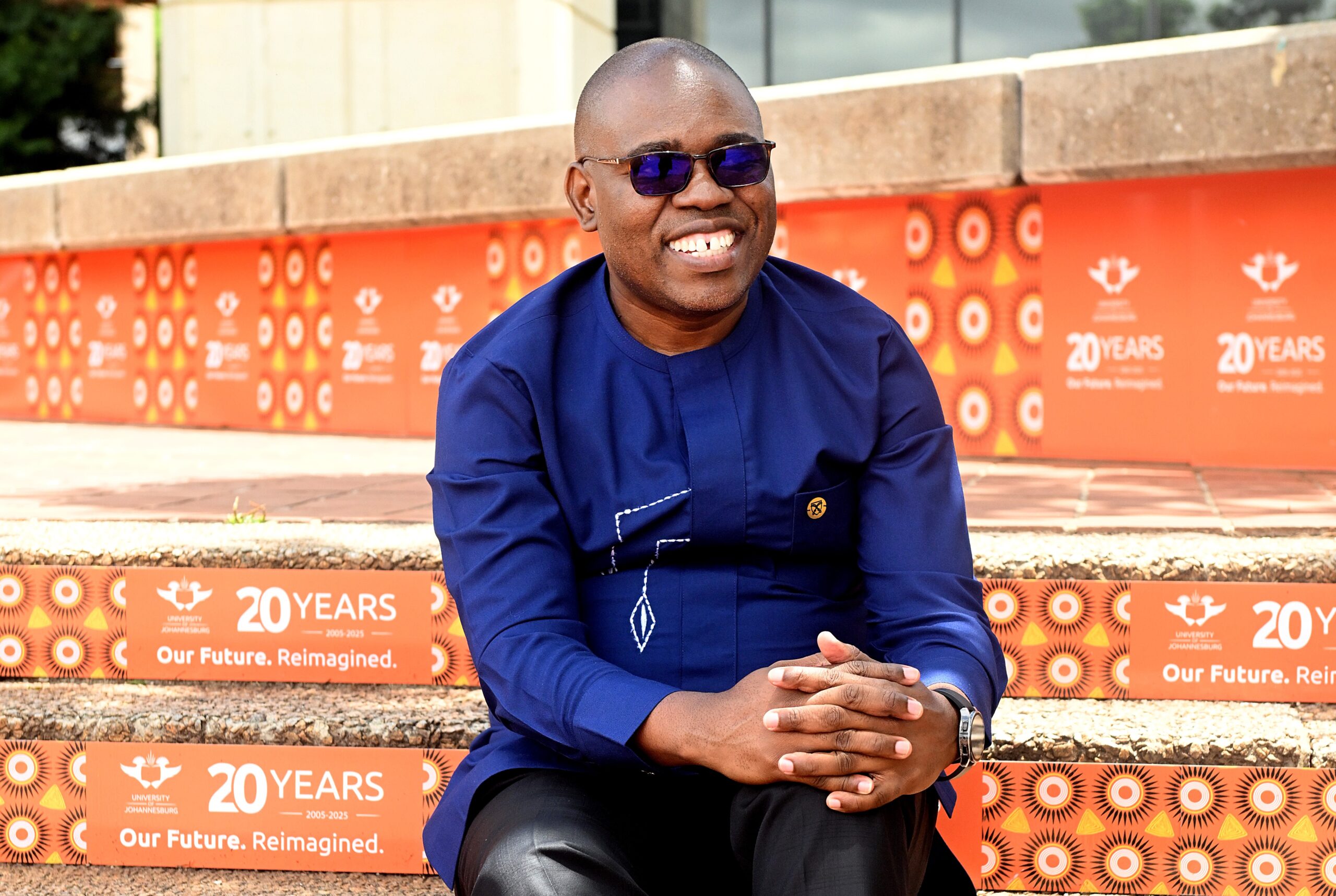By Professor Adekeye Adebajo
July marked the 50th anniversary of the death of Albert Luthuli, head of the ANC between 1951 and 1967. Sadly, this event did not garner the attention it deserved – writes Professor Adekeye Adebajo, Director of the Institute for Pan-African Thought and Conversation (IPATC) at the University of Johannesburg (UJ).
Luthuli was the first African Nobel peace laureate in 1960. Coming shortly after the Sharpeville massacre, the award was an attempt to highlight apartheid’s brutalities. Luthuli – the “Black Moses” – titled his autobiography Let My People Go, borrowed from a civil rights-era American Negro spiritual: “Go down, Moses, Way down in Egypt’s land; Tell old Pharaoh to Let My people go!” Appropriately linking the anti-apartheid and civil rights struggles, Luthuli and 1964 Nobel peace laureate, Martin Luther King Jr., issued a joint declaration against apartheid in 1962. Both Gandhian prophets shared an undying belief in non-violent struggle, as well as in the ultimate triumph of the human spirit over oppression.
Luthuli was a traditional chief from rural KwaZulu-Natal who uniquely was able to bridge the divide between the urban and rural masses of Africa’s oldest liberation movement. He was involved in the Defiance Campaign of 1952 and led several acts of civil disobedience, for which he was jailed and banned. However, he stuck doggedly to his principles of Gandhian non-violent passive resistance (though he noted that he was not a pacifist), advocated economic sanctions against the apartheid regime, and consistently pushed for the inclusion of all racial groups in the liberation struggle. For Luthuli – who was deeply steeped in Christian religious beliefs – the road to freedom lay through the cross, and sacrifices and suffering would be required in order to translate Jesus’ love ethic into concrete achievements. The cross thus had to come before the crown. Like Mahatma Gandhi – who spent 21 years in South Africa between 1893 and 1914 – the point of the struggle for Luthuli was to transform the enemy’s hatred through love and human dignity.
Luthuli’s Nobel speech in Oslo in December 1961 was titled “Africa and Freedom” and was one of the most powerful statements ever delivered in this forum. The lyrical speech was almost poetic in parts. Wearing a leopard-skin hat and lion’s teeth necklace, the chief gave an elegant, dignified, and defiant speech that exposed the evil criminality of apartheid. Luthuli bemoaned the shooting of black protesters, oppressive pass laws, bannings, imprisonment, forced labour, penal whippings, farm prisons, land dispossession, and blacklisting. He memorably condemned this dictatorship as representing the “trappings of medieval backwardness and cruelty.”
Luthuli described apartheid as a “museum piece in our time, a hangover from the dark past of mankind, a relic of an age which everywhere is dead or dying.” He was effectively depicting his homeland as a giant Jurassic Park of massive injustice full of political dinosaurs who would eventually become extinct. Luthuli’s magnanimity towards his oppressors, his continued calls for reconciliation, and his building of bridges with progressive white South Africans, were the torch that his fellow ANC chieftain and Nobel laureate, Nelson Mandela, would take up four decades later in liberating his country from the bondage of apartheid’s Pharaohs.
Luthuli’s Nobel speech was also the cri de coeur of a committed pan-African prophet linking Africa’s independence struggle to that of apartheid South Africa, and calling for a united continent to abandon its oppressive past and build democratic societies based on humane values. He demonstrated that his Christian faith was the foundation for all his political actions, employing evocative biblical allusions and calling for churches across the globe to join the anti-apartheid struggle. Luthuli appealed to his European audience to see the world as one humanity in the spirit of ubuntu – the gift of discovering our shared humanity – and cited examples from Europe’s blood-strewn history to try to win support for Africa’s liberation. He also invoked the memory of the warrior tradition of one of his illustrious ancestors, Shaka Zulu, paradoxically celebrating a man of war while receiving a prize for peace.
Today, Luthuli’s memory is preserved in his family home in Groutville which has now been transformed into a national museum. In the reconstructed bedroom and study full of family and political memorabilia, Luthuli’s voice booms over a loudspeaker as his Nobel speech is played repeatedly. In the words of one of his favourite poets, Henry Wadsworth Longfellow — quoted in Luthuli’s Nobel speech — the ANC stalwart certainly left his “footprints on the sands of time.”
The views expressed in this article are those of the author and do not necessarily reflect those of the University of Johannesburg. This article was originally published in Business Day on Wednesday, 7 August 2017.



